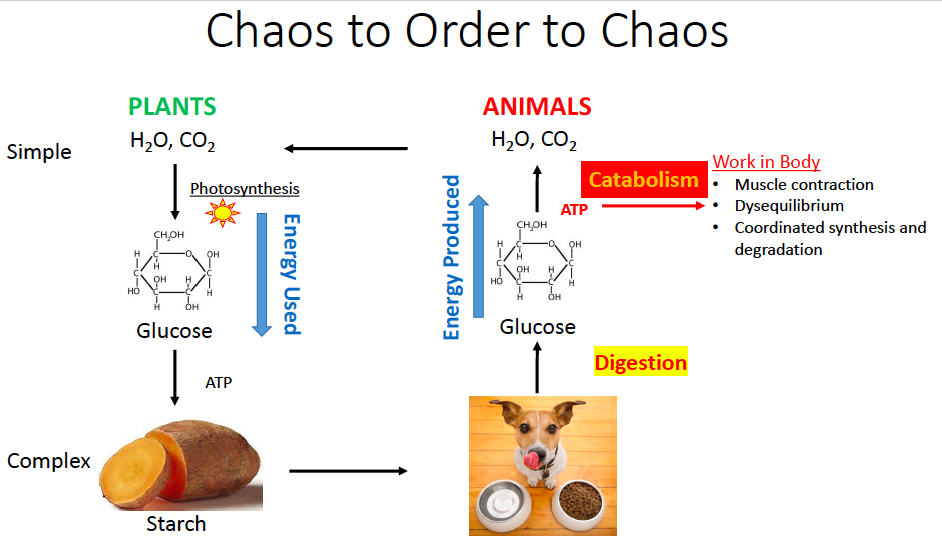Chem 471 Course Philosophy
The course comprises a comprehensive exposure to topics that ensure functional competency for students in biochemistry. Particular focus is on the major topics of noncovalent forces, acid-base chemistry, enzyme kinetics, ligand binding, molecular biology, the structure and function of proteins, carbohydrate, nucleic acid, and lipids, and the methods necessary to analyze them.
The course is structured to continually connect information to unifying chemical and biological concepts, and to use opportunities to contrast similar biological processes that students are familiar with, but are now understanding them in at a new level. Students are constantly challenged to extrapolate formal biochemistry course concepts to formulate hypotheses about food, exercise, digestion, cellular metabolism, for example, in the classroom, in formal lecture notes, and on assignments including exams. The goal is that they should apply recognize that chemistry and biochemistry isn’t just a classroom exercise, but is directly linked to how they function and feel.
Specific Example 1:
Contrast digestion and catabolism: Both processes are degradative, complex to simple, and exergonic. But they differ significantly otherwise. Catabolism is in cells, energy is captured in chemical bonds of ATP, and catabolism is oxidative. Digestion is just hydrolysis reactions. No ATP is involved. No energy recovered in chemical bonds. “Outside” of body.

Specific Example 2:
Whales-Hb and Mb: Whales have a lot of Mb. Useful for arguing the relative affinities, that Hb circulates, whales are mammals-taste like cow’s meat-meat is lean-why? Cows eat corn.
Toward mid-November, we turn our attention to the chemistry of Thanksgiving dinner, and we cover the foods that are traditional at that time of year. These lectures are a capstone for the class because they really focus on the effect of pH and solubility, biopolymer characteristics, and egg and milk chemistries. A follow-up assignment is that the students write a personal essay on their Thanksgiving Dinner experience given their new-found knowledge of biochemistry. These essays are remarkable in the insight that they provide into the family life and communities of my students. Treasures.